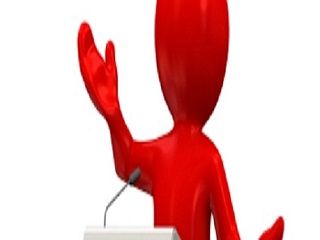Colloquium: Prof.Dr. Stephen E. Humphrey

Prof.Dr. Stephen E. Humphrey
Pennsylvania State University
Stephen E. Humphrey is Professor of Management in the Smeal College of Business at Pennsylvania State University. He received his Ph.D. in Organizational Behavior and Human Resources Management (with a minor in Industrial/Organizational Psychology) from Michigan State University and his B.S. in Psychology from James Madison University. Dr. Humphrey's research focuses on the structure of work, with a primary focus on teamwork and the drivers of team success. Dr. Humphrey's research has been published in the Academy of Management Journal, Journal of Applied Psychology, Journal of Personality, Organizational Behavior and Human Decision Processes, and Personnel Psychology. In addition, he has co-authored several book chapters, presented over 50 papers at professional meetings, and is a member of the Academy of Management.
He is also on the editorial board of AMJ and JAP and is associate editor at the Organizational Psychology Review.
Date: Friday, September 22, 2017
Time: 15:00
Location: 5419.0107 – Kapteynborg, Landleven 12 (Zernike)
Title
DEALING WITH TEAM CHANGE: STATUS SHOCKS AND THE BEHAVIORS LEADING TO STATUS STABILITY
Abstract
Although the inclusion of new members in teams can have profound consequences for team incumbents, existing research has predominately focused on the socialization of the new member or on changes to team outcomes. In our study, we develop a theory focused on how existing members react to the introduction to a new member by integrating the literature on status hierarchies with the team dynamics literature. We draw upon Social Exchange Theory to argue that team members mimic, ingratiate, and/or challenge new, high status members. We propose that the combination of two diffuse status cues (gender and physical attractiveness) leads existing members to choose the status stabilizing behaviors to engage in. In a study of 289 team members embedded in 60 teams, we found that existing members mimic high status newcomers, ingratiate towards high status newcomers who are also committed to the task, and challenge physically attractive females who are committed to the task, with the challenging behaviors exacerbated when existing members are themselves attractive.
For more information contact Thom de Vries , thom.de.vries rug.nl


